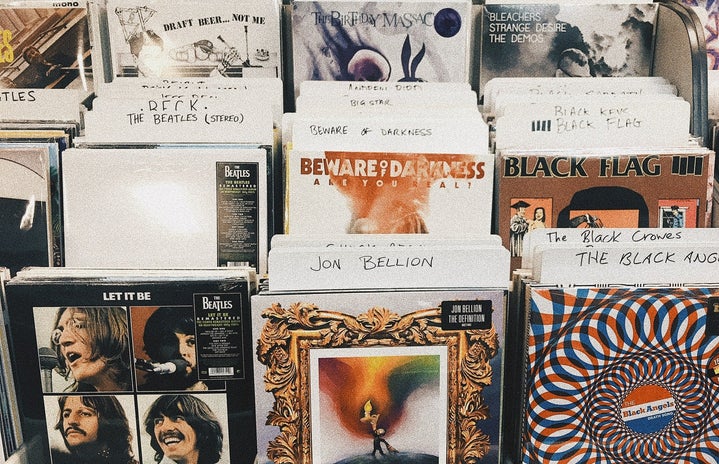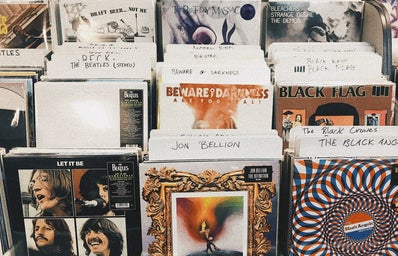New Zealander singer, Lorde, released her first album, “Pure Heroine,” in September 2013. At only 16-years-old, she fearlessly broke into the music industry and redefined the sound of pop for years to come. Just over seven years later, I still find myself coming back to this album for countless re-listens.
“Pure Heroine,” a concept album, centers around the highs and lows of growing up in the suburbs. Lorde describes the significance of these years of life, saying, “All my life I’ve been obsessed with adolescence, drunk on it. Even when I was little, I knew that teenagers sparkled. I knew they knew something children didn’t know, and adults ended up forgetting.” Through her production, melodies, and lyrics, Lorde transforms a concept as bland and boring as the suburbs and reveals the magic that lies in growing through what many would consider life’s dull moments. She also possesses an incredible self-awareness on this album in critiquing the bliss that comes with living in a suburban bubble.
Lorde turns common life experiences into glittery moments, making it a work of art anyone can relate to. Re-listening and looking back at the memories I made in my hometown, I’ve realized that Lorde was right—moments such as riding the bus to school or car rides through neighborhood roads with my friends are now some of the peaks of my life.
Perhaps “Pure Heroine’s” greatest strength lies in its simplicity. Producer Joel Little uses modest drum beats and swelling bass rhythms, creating an environment reminiscent of the purity of childhood. The instrumentals on each track are steady and predictable, yet you can’t help but be amazed by how such a simple pattern is able to serve as the perfect, intricate backdrop to Lorde’s story.
This minimalist production makes way for some of the wisest lyrics I’ve heard from a songwriter. The album is filled with biting commentary on modern social standards and society. The first song, “Tennis Court,” begins with “Don’t you think that it’s boring how people talk? // Making smart with their words again, well I’m bored.” Starting right from these first two lines, Lorde does not hold back in delivering the truth in its rawest and most unfiltered form. It is this witty lyricism that gives “Pure Heroine” its biting persona.
What I love most about “Pure Heroine’ is its relatability to the everyday teenager living a relatively normal life. In “Buzzcut Season,” Lorde sings of the ease of summer days with friends, a bubble blocking out the pain of the real world. She laments “the men up on the news” who “try to tell us all that we will lose.” Instead, she and her friends proclaim that “it’s so easy in this blue, where everything is good.”
After all these years, “Pure Heroine” is still a place of solace for me. Each song on this album provides a nuanced perspective on adolescence. As Lorde puts it, “Writing ‘Pure Heroine’ was my way of enshrining our teenage glory, putting it up in lights forever so that part of me never dies.” Similarly, listening to “Pure Heroine” is my way of preserving the most significant moments of my teenage years. To me, it will forever be a time-machine: 37 minutes and 8 seconds of lost teenage memories and almost-forgotten feelings.




